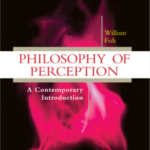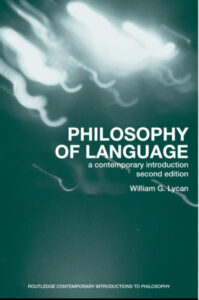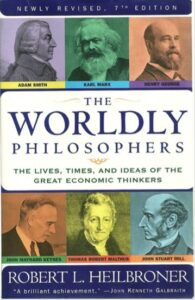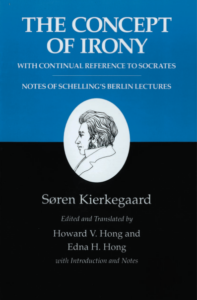Philosophy of Perception By William Fish PDF Free Download

The exploration of perception is a significant topic within the philosophy of mind, and this book delves deeply into the intricate nature of how we perceive the world around us. The author, William Fish, presents a comprehensive analysis of the various philosophical issues surrounding perception, bridging the gap between empirical research and philosophical inquiry.
The book begins by outlining the different theories of perception, ranging from direct realism to representational theories. Fish skillfully critiques each perspective, highlighting their strengths and weaknesses. He emphasizes that understanding perception involves not only the sensory processes but also the interpretive frameworks that shape our experiences. Through detailed discussions, Fish examines how our cognitive faculties influence the way we perceive reality, questioning the reliability of our senses.
A notable aspect of the work is its engagement with contemporary debates in the philosophy of mind, especially concerning the nature of qualitative experience or qualia. Fish argues for a nuanced understanding of how subjective experiences contribute to our perception of the world. He provides compelling arguments and examples that encourage readers to rethink how they conceptualize perception, ultimately suggesting that perception is not merely passive reception but an active construction influenced by prior knowledge and contextual factors.
Throughout the book, readers are invited to consider the implications of perception on broader philosophical discussions, including epistemology and metaphysics. Fish’s writing remains accessible while offering profound insights that stimulate critical thinking. By addressing both historical and current perspectives, he situates his arguments within a larger philosophical framework.
In conclusion, this work serves as a vital contribution to the ongoing discourse in the philosophy of perception. It encourages readers to engage with the complexities of perceptual experience, making it a valuable resource for both students and seasoned philosophers alike. The synthesis of diverse ideas and rigorous analysis ensures that Fish’s exploration remains pertinent in contemporary philosophical discussions.









